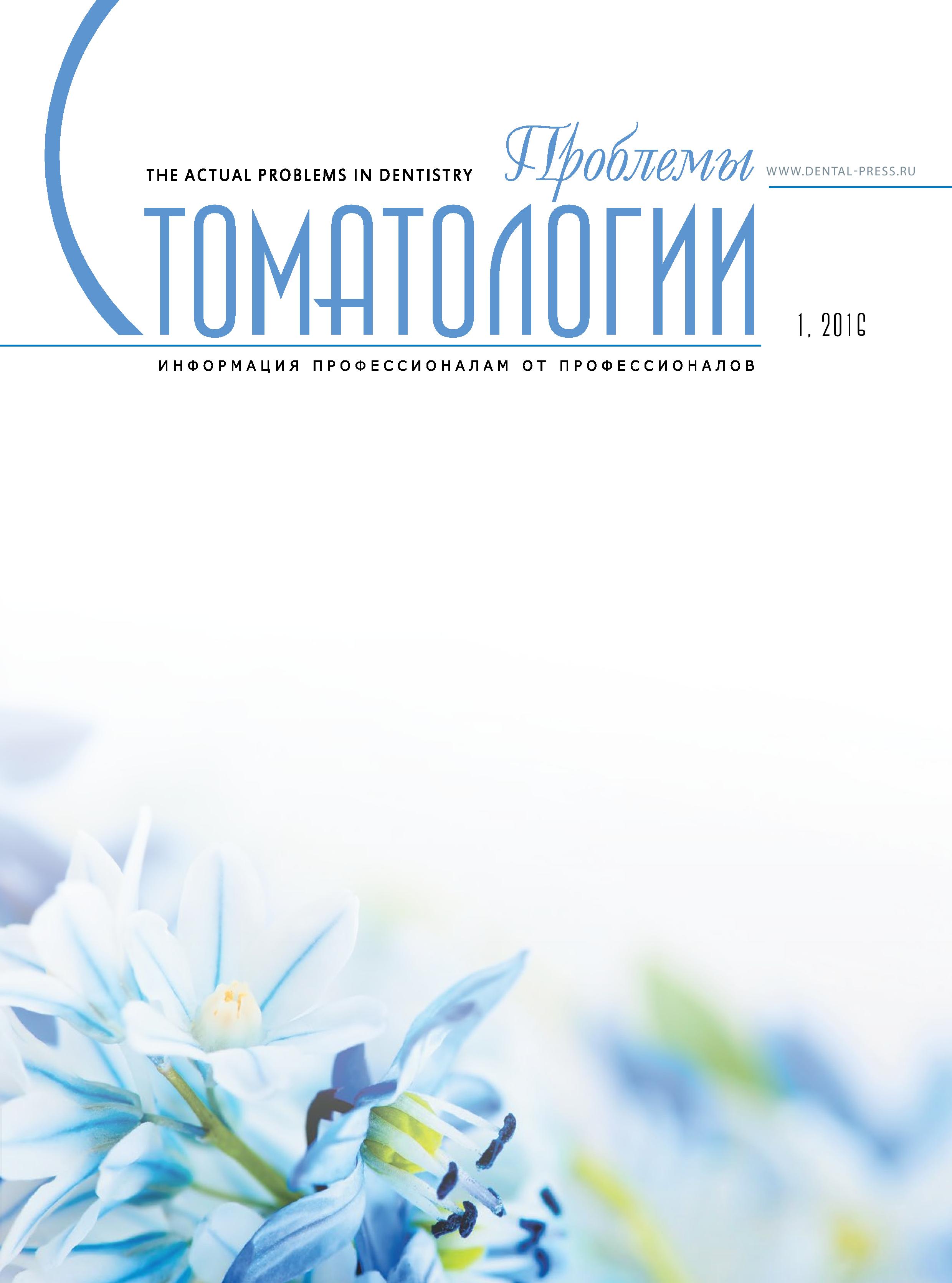Tyumen', Tyumen, Russian Federation
A device and techniques for vacuum-bolus irrigation of root canals are developed on the basis of the analysis of existing methods of medical treatment of root canals in endodontic treatment. A comparative assessment of the impact of different variables of vacuum on the degree of cleaning of the root canal model was carried out in an invitro experiment and the optimal values of vacuum and exposure time were pointed out. In the clinical part of the study 52 patients aged from 25 to 44 years with a diagnosis of apical periodontitis were treated and dynamically monitored during one year (the author`s vacuum-bolus technique was applied to 32 patients of the main study group in the course of endodontic irrigation of root canals; while 20 patients of the control group experienced a standard irrigation method with the use of endodontic syringe in the course of endodontic treatment). Criteria of the modified periapical index (PAI) were used to assess the efficacy of treatment. It was found that after 12 months, 90,5 % of patients of the main study group had no signs of demineralization of bone tissue, the orientation of bone trabeculae of cancellous bone and cortical plate were recovering. Thus, the vacuum-boluc irrigation of root canals can help us improve the efficiency of treatment of destructive forms of apical periodontitis.
endodontic treatment, vacuum irrigation, apical periodontitis, root canal irrigation, mechanical irrigation techniques



















